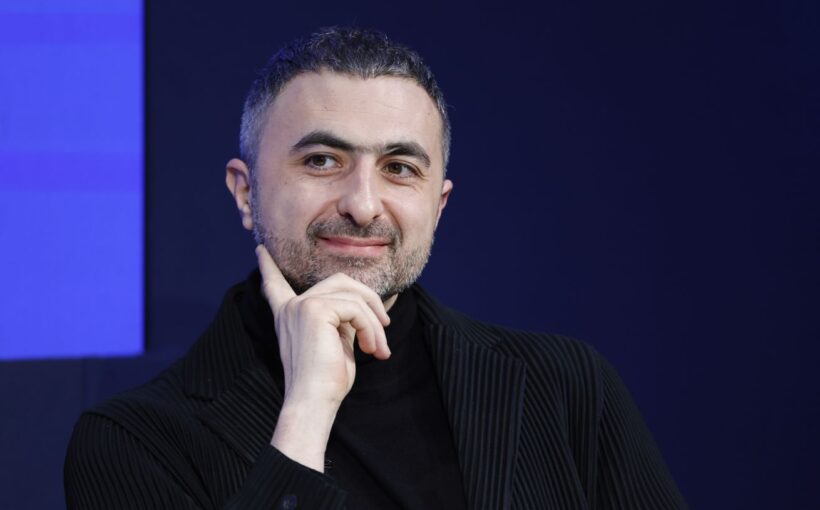
Microsoft has hired Google DeepMind co-founder Mustafa Suleyman. In a post on X, Suleyman announced that he’s joining Microsoft as the CEO of a new team that handles the company’s consumer-facing AI products, including Copilot, Bing, and Edge.
Suleyman will also serve as executive vice president of Microsoft AI and join the company’s senior leadership team that reports directly to CEO Satya Nadella. Suleyman co-founded the AI lab DeepMind in 2010, which was later acquired by Google in 2014.
DeepMind has remained a pioneering AI force within Google. However, Suleyman hasn’t been part of the division in many years. He was placed on leave in 2019 over controversy surrounding some of the projects he led, according to a report from Bloomberg. The Wall Street Journal later reported Google and DeepMind opened an investigation into Suleyman over complaints he bullied staff.
After getting placed on leave at DeepMind, Google announced it had hired Suleyman as vice president of AI product management and AI policy. Suleyman left Google in 2022 to co-found the startup Inflection AI.
In addition to hiring Suleyman, Microsoft is also bringing on some of Inflection AI’s employees, including co-founder Karén Simonyan, who will serve as the chief scientist of the consumer AI group. Kevin Scott will remain as Microsoft’s chief technology officer and executive vice president of AI.
“I’ve known Mustafa for several years and have greatly admired him as a founder of both DeepMind and Inflection, and as a visionary, product maker, and builder of pioneering teams that go after bold missions,” Nadella says in a memo to employees published by Microsoft. “We have a real shot to build technology that was once thought impossible and that lives up to our mission to ensure the benefits of AI reach every person and organization on the planet, safely and responsibly.”
Microsoft has poured billions into its partnership with OpenAI and recently struck a deal with AI startup Mistral. The formation of a new AI team doesn’t mean Microsoft has forgotten about these partnerships. Microsoft says it “will continue to build AI infrastructure inclusive of custom systems and silicon work in support of OpenAI’s foundation model roadmap,” as well as “build products on top of their foundation models.”
After rolling out Bing Chat (now Copilot) last year, Microsoft has since brought its AI assistant to its Office products, Windows 11, and Edge. Microsoft is also set to hold a special AI event before the start of its Build conference in May, where it will likely share more details about its AI ambitions in Windows and its Surface devices.



